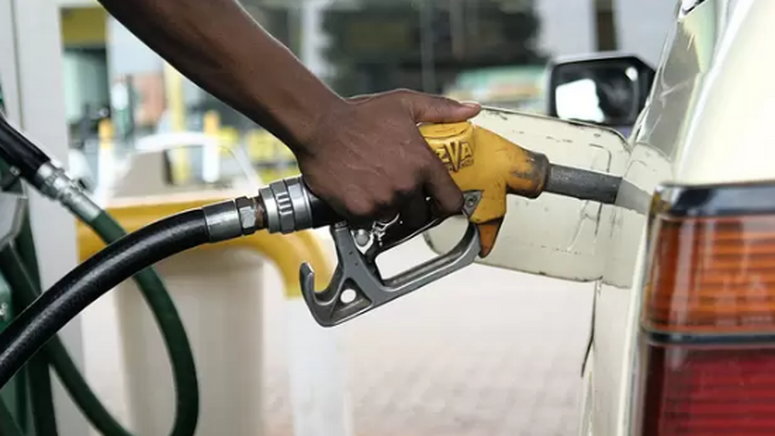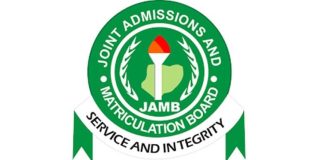🌿 Ruzu Non-Alcoholic Herbal Bitters
Ruzu Non-Alcoholic Herbal Bitters is a natural health supplement specially formulated to:
- ✅ Promote general wellness
- ✅ Detoxify the body
- ✅ Support the treatment of various ailments
Made from a powerful blend of 100% organic and medicinal herbs, Ruzu is completely alcohol-free, making it ideal for:
- 👪 All age groups
- 🌱 Health-conscious individuals
- 🌿 Anyone seeking non-alcoholic herbal remedies
Whether you're looking to boost your vitality, cleanse your system, or support healing the natural way, Ruzu Bitters offers a trusted herbal solution.
According to reports from the Major Energies Marketers Association of Nigeria (MEMAN), the cost of importing Premium Motor Spirit (PMS), also known as petrol, has significantly increased, now averaging ₦870 per litre.
It is understood that the increase occurs at a time when the Dangote Petroleum Refinery’s price is causing market tension, affecting the margins of both fuel importers and marketers.
MEMAN reported a petrol landing cost of ₦872 per litre on April 28 and ₦868 on April 29. On April 23, the price was ₦859 per litre, indicating the increased expense of importing petrol.
This spike has created concerns among importers, who are now unable to sell their products profitably due to price pressure.
On the retail front, gasoline prices vary greatly across the country. On Thursday, Dangote sold petrol for ₦840, the same price as Matrix (Lagos) and Rainoil.
Other merchants, including Pinnacle, Mao, Sahara, AA Rano, and NIPCO, charged higher prices for the fuel, ranging from ₦889 to ₦842, according on location.
Retailers in Lagos profit from lower prices, whilst those in the South-South pay more because of logistics costs. First Fortune offered petrol for ₦868, while Sigmund and Liquid Bulk fixed their pricing at ₦870. In Ogun State, MRS sells petrol at ₦890 per litre, while Heyden follows closely at ₦885.
Speaking with Punch, Billy Gillis-Harry, National President of the Petroleum Products Retail Outlet Owners Association of Nigeria (PETROAN), stated that business has been slow due to the continual volatility in petrol prices.
“The fluctuation led to arbitrary price changes that are not well-managed,” claimed the man.
Despite the challenges, Gillis-Harry emphasized that PETROAN members are committed to providing Nigerians with access to electricity.
The PETROAN president also noted that the government is working to stabilize the situation, and he remains optimistic that the sector’s challenges will be handled, benefiting both consumers and companies in the long run.
Read Also: Tinubu’s Ex-Aide to Atiku: Support Youthful Presidential Hopeful, Challenge APC
Dangote Petroleum Refinery’s pricing policy is a major contributing element to the current scenario. Since the Federal Government’s naira-for-crude agreement with the facility began, the refinery has continuously reduced petrol costs.
However, Dangote’s price cuts have had a severe impact on fuel importers, compelling them to sell petrol at rates lower than their expenses in order to avoid incurring too many losses.
Importers increased rates from ₦860 to ₦950 after the naira-for-crude arrangement was suspended in March. Dangote reduced petrol prices below ₦900 per liter in response to the Federal Government’s order to prolong the offer.
However, according to an S&P Global assessment, the pricing of refined petroleum products at Dangote’s refinery has inadvertently boosted fuel imports into Nigeria.
S&P Global observed that, despite the global drop in crude oil prices, Dangote did not considerably cut its gantry pricing, resulting in additional imports into West Africa.
According to the research, between April 1 and April 9, the Eurobob M1 swap plummeted from $734.25 per metric tonne to $603/MT, a 17.9 percent drop, before recovering slightly. Dangote’s truck pricing at the gantry decreased by only 1.7% from ₦880/litre to ₦865/litre (later ₦835) throughout the same time period.
“This has encouraged a flood of products to West Africa, where high domestic prices have led marketers to import from international traders in larger volumes.”
















